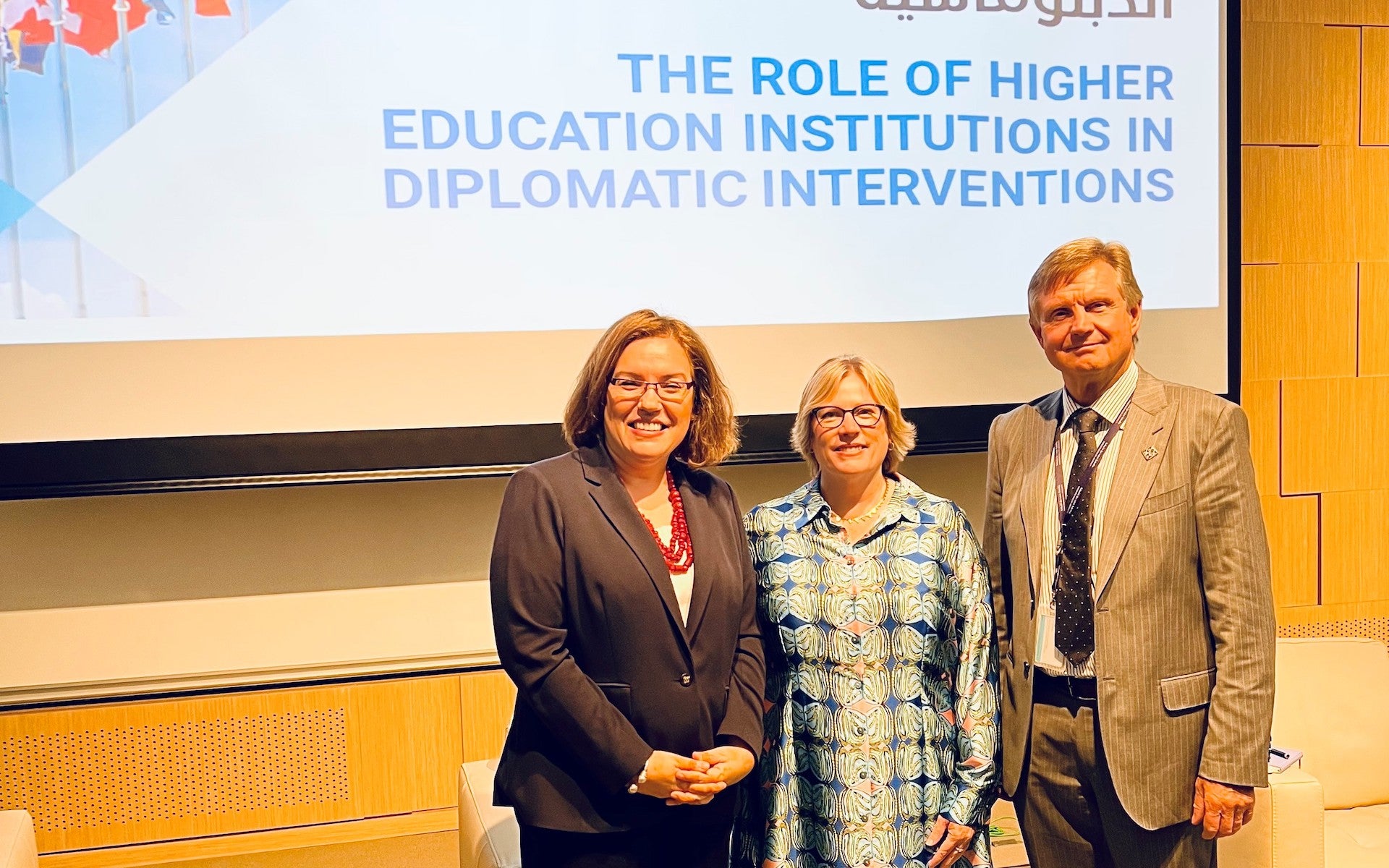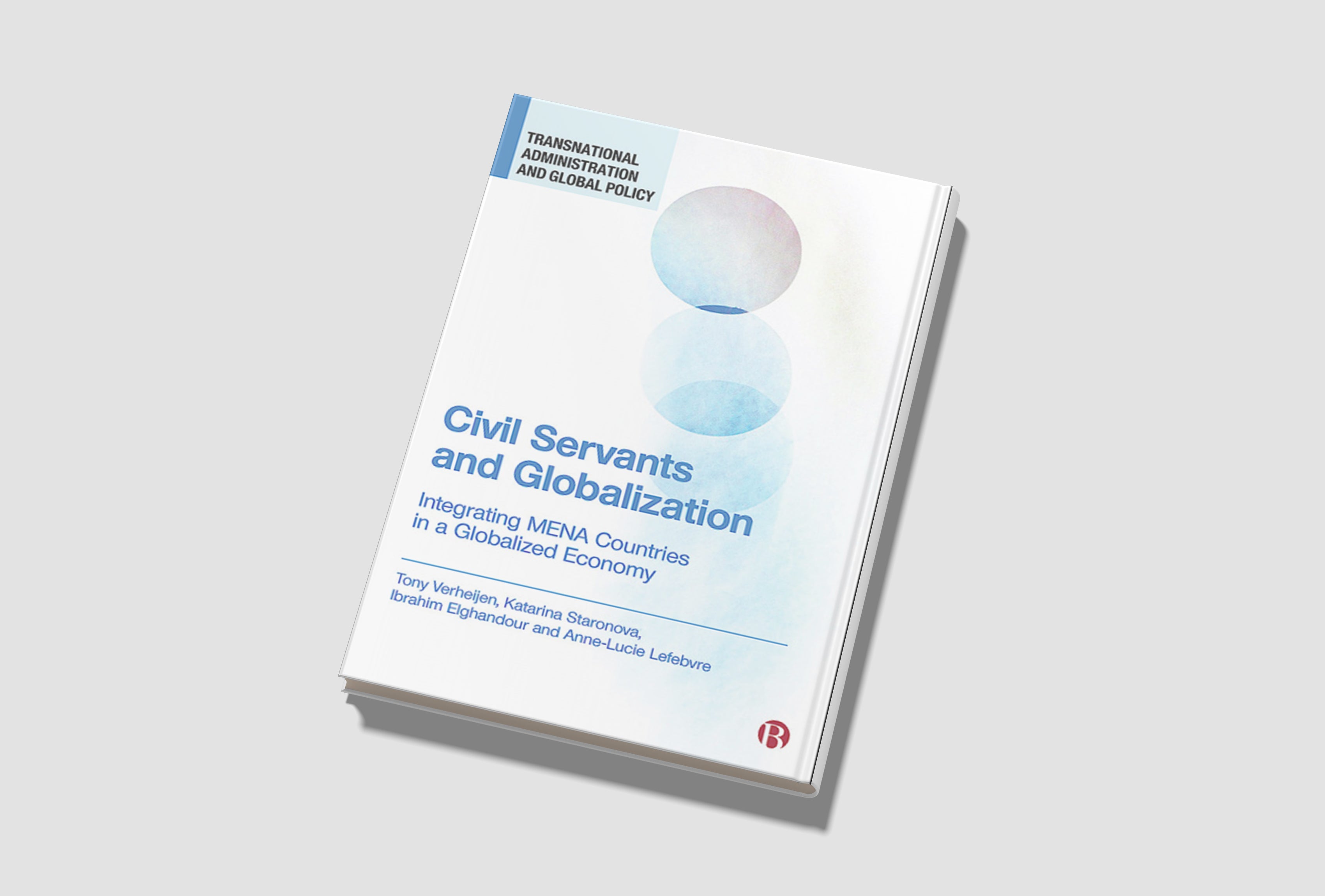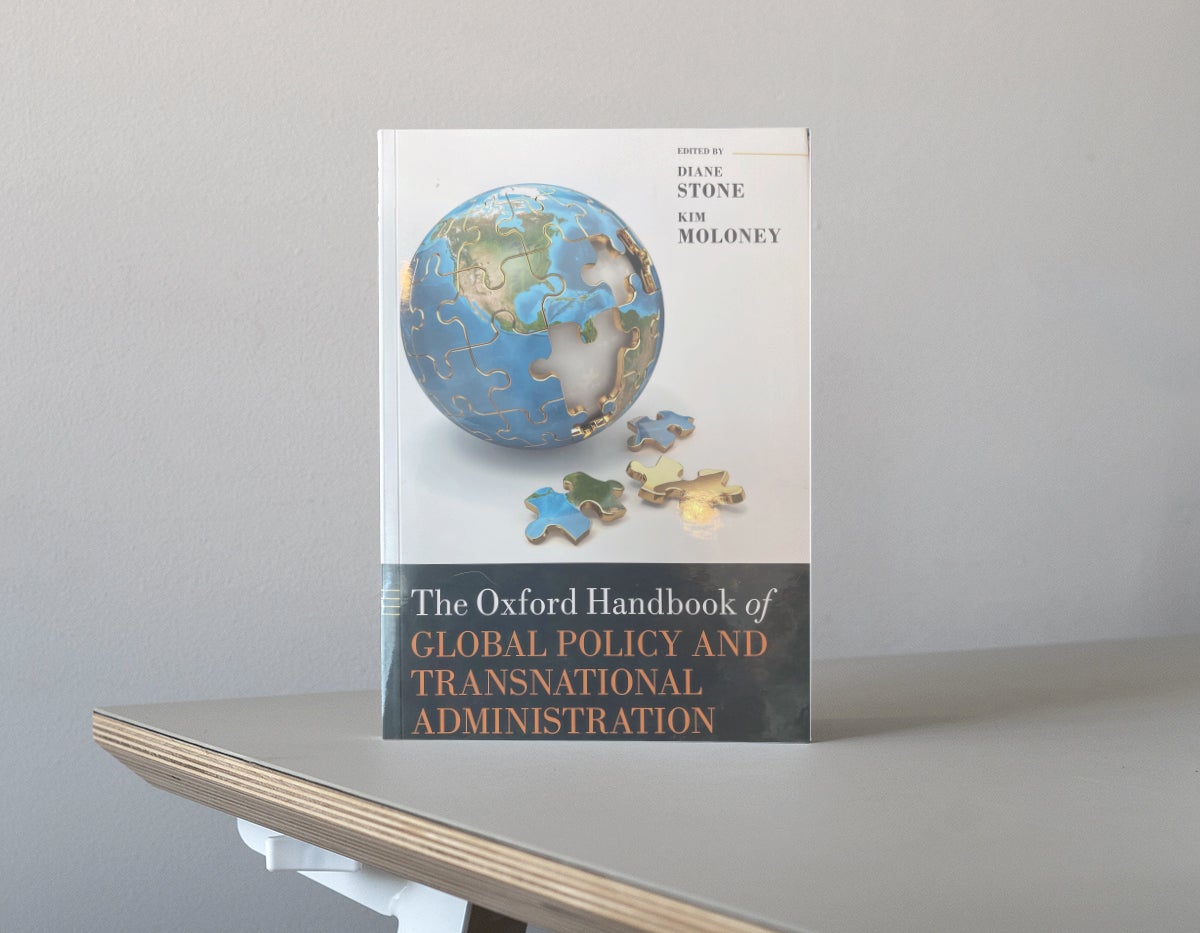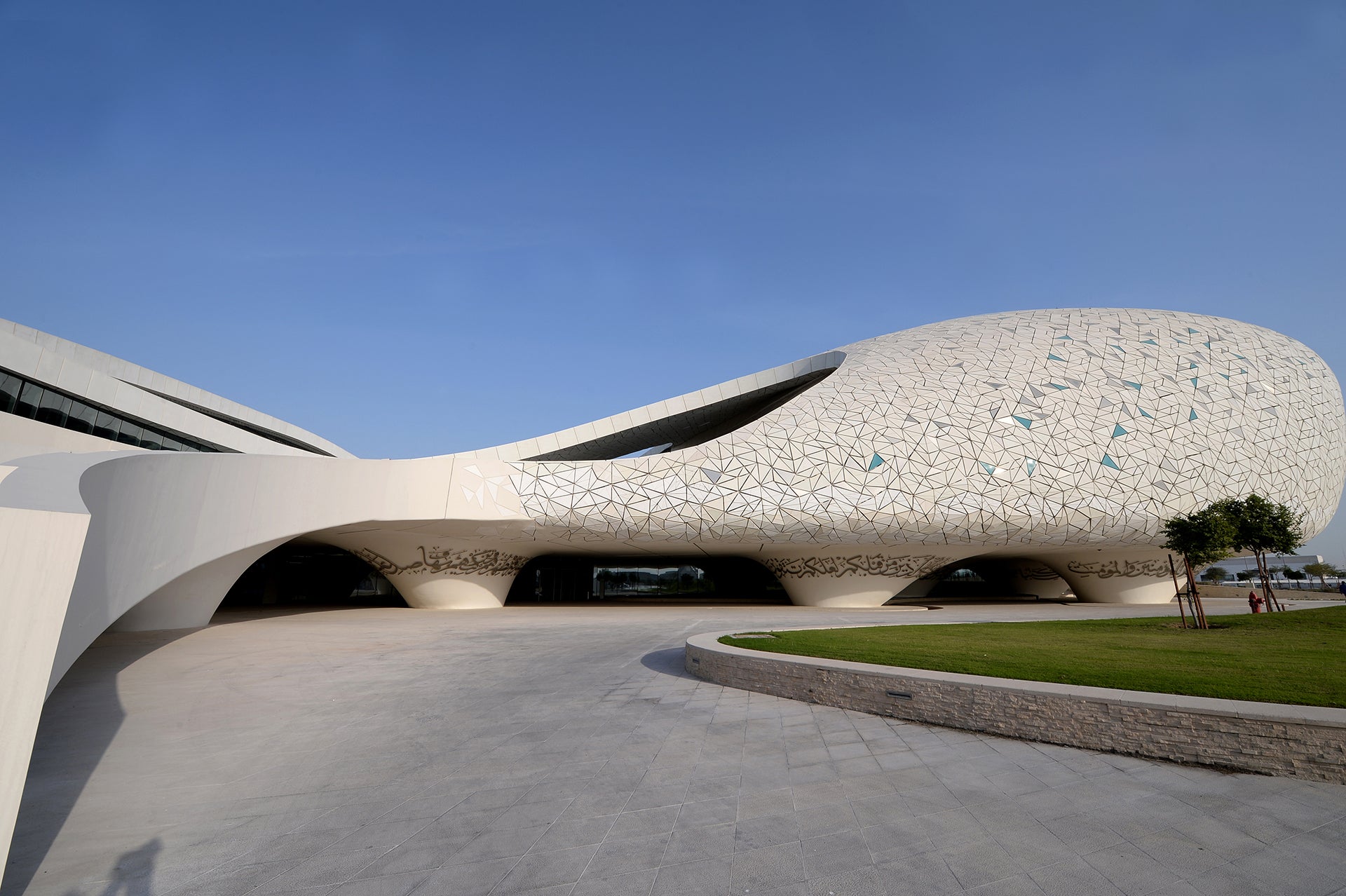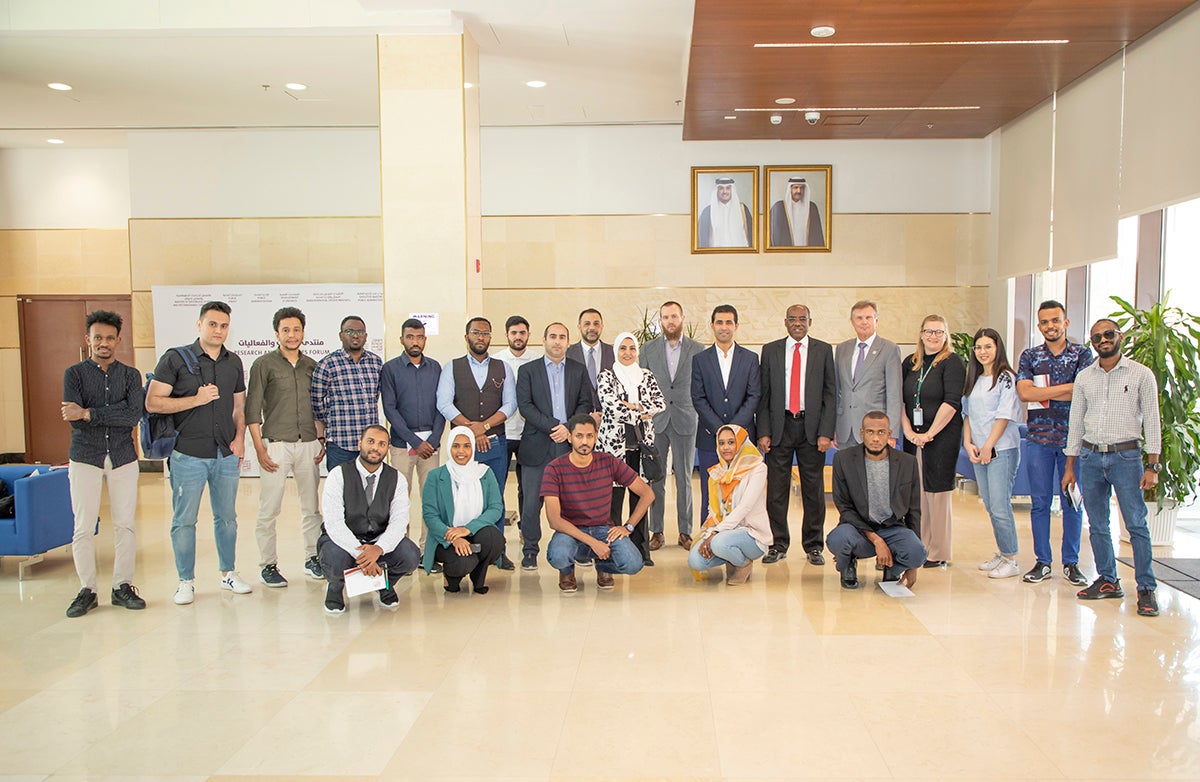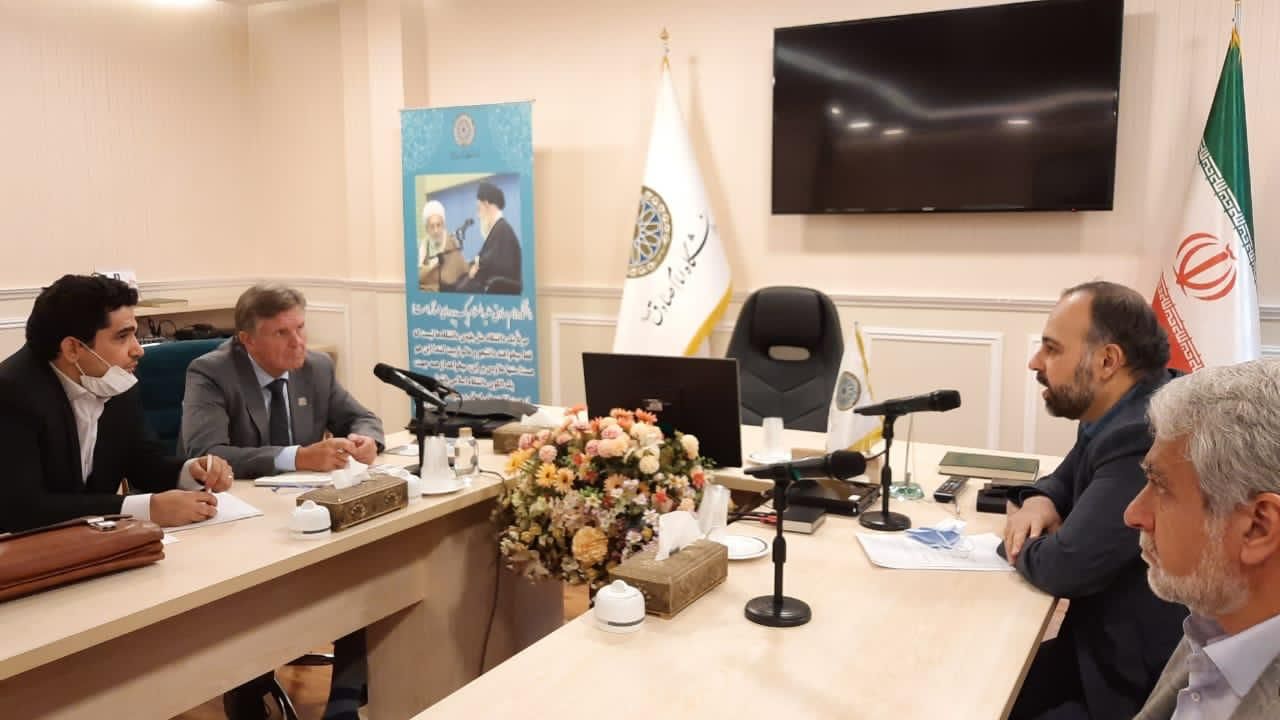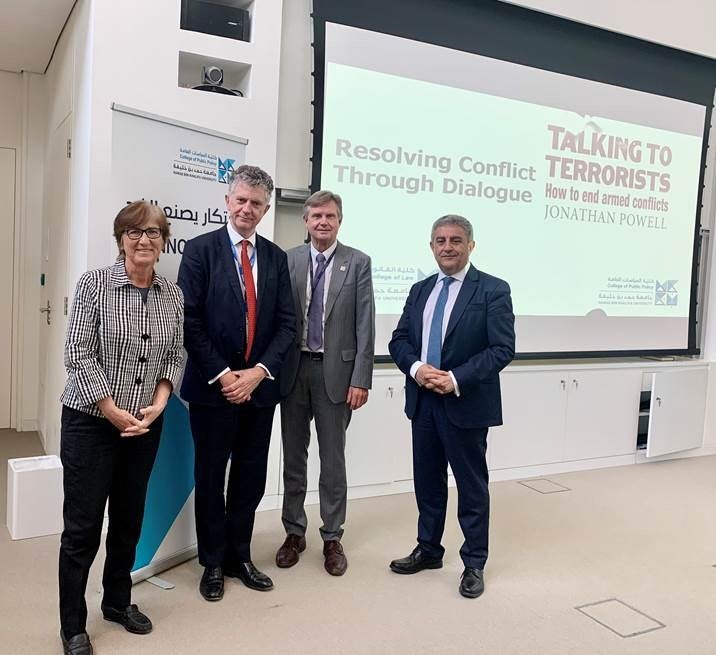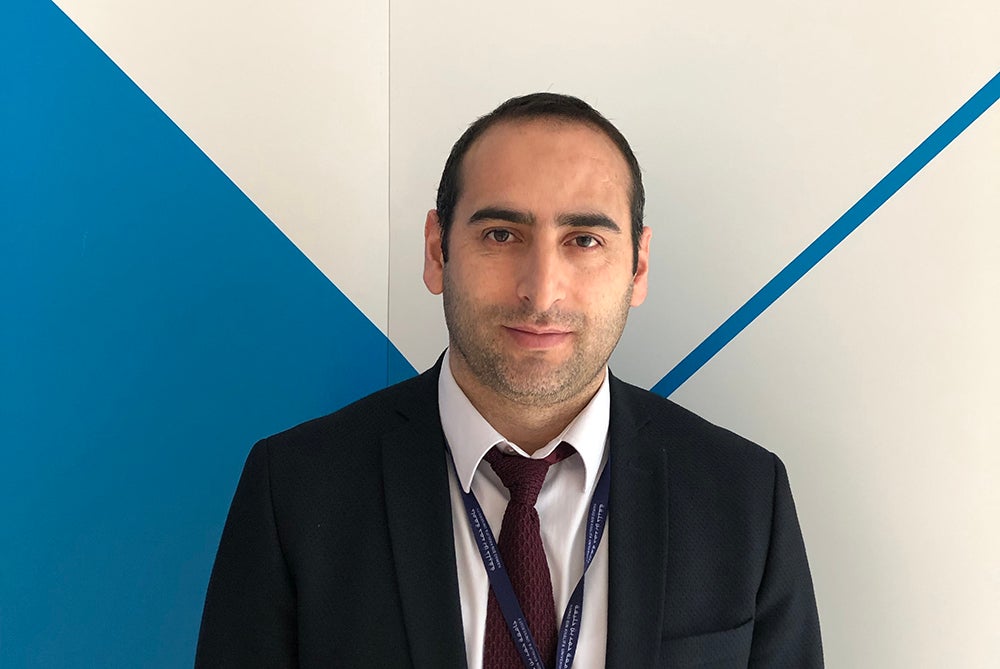
What inspired you to join HBKU’s College of Public Policy?
I felt that joining HBKU would provide excellent opportunities for advancing my career and research interests. I’m therefore looking forward to spending more time undertaking research, particularly in partnership with colleagues from across the university. In return, I’m excited about making an immediate contribution to the work of the College of Public Policy (CPP).
How does HBKU’s learning environment compare with other academic institutions?
I think it compares favorably with leading universities in North America and Western Europe. This is particularly true when it comes to class sizes, the diversity of students it attracts, not to mention the quality of teaching facilities, resources and technologies.
What contribution will you be making to the CPP’s Master of Public Policy (MPP) program?
I am currently CPP’s only economist so I will be contributing to the economics and statistics-based components of the MPP. With a background in quantitative research, I will be particularly focused on guiding and mentoring students interested in developing their skills in this area.
Tell us about the first cohort of students enrolled in the MPP.
There are currently five Qatari and five overseas students studying for the MPP, a diverse group of high-quality students. Some have a background in economics, others in political science. All of them, however, have a thirst for knowledge and an appetite for research – and that’s exactly what the CPP wants from its students. I see a lot of potential within the first cohort and am looking forward to seeing their research skills develop over the course of their studies.
Have any of the students indicated their future ambitions?
Most of our students are already working, so they want the MPP to advance their careers and professional development. Some are determined to enroll in PhD programs in Canada or the United Kingdom, for example. Others are confident that the MPP will take them down a different career path and into a new job.
Is CPP developing partnerships and relations with like-minded international organizations?
Yes. My colleague Dr. Leslie Alexander Pal, dean of the College of Public Policy, was recently in Russia where he visited the Russian Presidential Academy of National Economy and Public Administration (RANEPA) to explore collaboration and partnership opportunities. He also delivered two lectures on public policy analysis and public management, two subjects that undoubtedly resonate with the work of CPP.
I am heavily involved with COST Action, a global network of prestigious academic institutions dedicated to scientific collaboration and complementing national research funds.
We’re gathering a panel of highly-respected lawyers, doctors, scientists and other professionals to answer these questions. We’ll present our findings in reports and publications. I’ll also be researching whether medicine shortages are a problem for Qatar and other Gulf states.
What message do you have for students interested in applying for the MPP program?
HBKU is a great place to study. We offer top-of-the-range resources, a well-stocked library and a highly-supportive learning environment. Additionally, our teaching staff includes globally-recognized academics and lecturers that guarantee high-quality teaching and mentoring. I heartily recommend students come and study at HBKU.
Do you have any other ambitions for your time at HBKU?
Beyond the COST Action project, I’m determined to continue my research in price and policy analysis, particularly in the fields of international trade and energy economics. From there, I am interested in the extent to which regional markets are connected with global markets. Put simply, the more a domestic or regional economy is connected to global markets, the more it gains from international trade. My research initially covered 10 markets in my native Turkey; however, I am keen to expand my focus to the Gulf region and beyond.
I am also interested in how volatile energy prices impact other markets and how food safety can be assured. As I see it, these are increasingly important issues that require greater academic study over the years and decades ahead. Some of my papers in these areas are already under review and I am looking forward to having more academic articles published and getting my project ideas off the ground in the not-too-distant-future.




